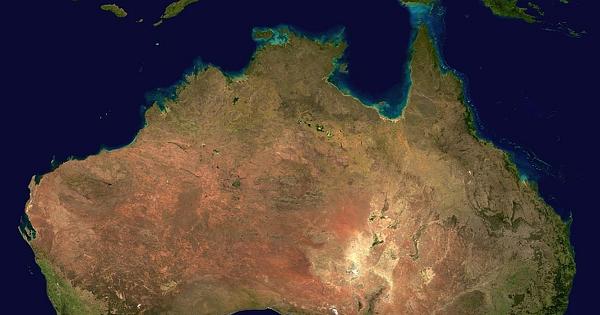The day before, a variant of SARS-CoV-2 from South Africa, known as omicron and considered a concern by the World Health Organization (WHO), was officially announced in continental countries. So far, the virus type has been detected in five people in Australia. They have all been to South Africa recently after Australian nationals have been able to travel abroad since October.
Due to the omicron’s appearance, it was introduced in Australia early on Sunday that no one who was in South Africa could enter the country. And after an extraordinary cabinet meeting on Monday, Prime Minister Scott Morrison announced that the long-awaited opening of advising health professionals would be postponed for at least two weeks. This means that those with a previously issued residence permit – students and guest workers – have not yet been able to return to Australia, contrary to the announcement made a week ago.
Border closures for more than 20 months have caused a huge labor shortage in Australia, and tourism has also suffered from this period. Australians living abroad have not been able to return home for nineteen months. It was the strictest border closure in the world. There were few flights, and Australians who were allowed to return had to spend 14 days in hotel quarantine since arrival, which is very costly.
The Prime Minister said that these two weeks will be enough to gather the necessary information about the new virus variant and get an idea of how dangerous the disease is, how widespread it is, and whether the vaccines used so far protect against it.
(MTI)














































